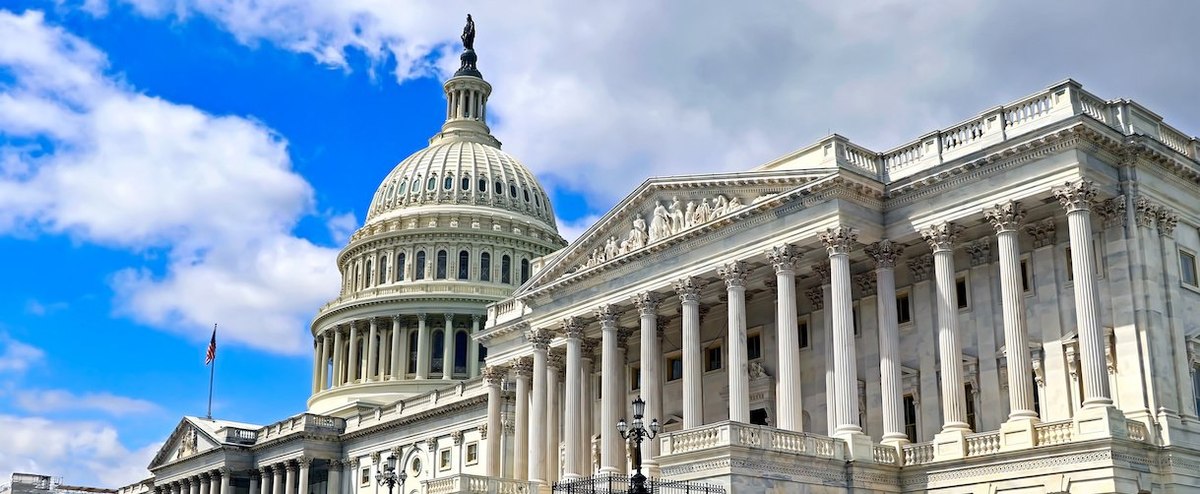New polling by the Economist and YouGov explores how Americans rate the importance of various issues, as well as how they assess the job performance of congressional leaders responsible for passing laws related to these issues. The results show that more Americans see health care, as well as jobs and the economy, as very important than they do any other issues polled. Fewer than one in four approve of how Congress is handling its job and slightly more approve of the job each of its leaders in the House and Senate are doing.
Issues Americans say are important to them
While there are some issues that are more important to Democrats and others that are more important to Republicans, a few matter a lot to both. Democrats prioritize health care over all other issues, with 78% saying it is a very important issue to them. It is also very important to 62% of Republicans. The issue of jobs and the economy also is very important to substantial majorities in both parties, though this issue matters more to Republicans. Bipartisan majority emphasis on these two issues makes them the ones with the greatest share of Americans who consider them very important.
And almost identical shares of both parties prioritize guns, though in most cases for conflicting reasons. Republicans are more likely than Democrats to say the following issues are very important: national security (84% vs. 55%), inflation and prices (82% vs. 53%), crime (78% vs. 52%), taxes and government spending (73% vs. 44%) and immigration (72% vs. 33%). Democrats are more likely than Republicans to say the following are very important: Civil liberties (65% vs. 47%), civil rights (69% vs. 43%), and climate change and the environment (65% vs. 22%).
Differences between members of the major parties are especially stark on their most important issue. More than one in five Democrats (21%) but just 6% of Republicans name health care as their top issue. One in five Republicans (20%) but just 11% of Democrats name inflation and prices. Climate change and the environment is most important to 13% of Democrats, but just 3% of Republicans; immigration is the top issue for 12% of Republicans but just 2% of Democrats.
Majorities of Americans disapprove of how President Joe Biden is handling some of these issues, including inflation and prices (59%), crime (55%), and immigration (55%).
Evaluations of congressional leaders
Congress usually receives poor evaluations, but Democrats feel a little better about it — and about their own congressional leaders — than Republicans do: 33% of Democrats, but just 23% of Republicans, approve of how Congress is handling its job. Republicans control the House of Representatives, while Democrats control the Senate.
Democrats give their party’s congressional leaders high marks. Nearly two-thirds of Democrats (64%) strongly or somewhat approve of how Senate Majority Leader Chuck Schumer handles his job, and nearly as many (58%) approve of how House Minority Leader Hakeem Jeffries is handling his.
Most Republicans are positive about the Speaker of the House Keven McCarthy, but that's not the case for Mitch McConnell, the Senate Minority Leader. More Republicans disapprove (44%) than approve (36%) of how McConnell is handling his job.
See the toplines and crosstabs from the Economist/YouGov poll conducted on March 26 - 28, 2023 among 1,500 U.S. adult citizens.
Methodology: Respondents were selected from YouGov’s opt-in panel using sample matching. A random sample (stratified by gender, age, race, education, geographic region, and voter registration) was selected from the 2019 American Community Survey. The sample was weighted according to gender, age, race, education, 2020 election turnout and presidential vote, baseline party identification, and current voter registration status. Demographic weighting targets come from the 2019 American Community Survey. Baseline party identification is the respondent’s most recent answer given prior to June 1, 2022, and is weighted to the estimated distribution at that time (34% Democratic, 31% Republican). The margin of error for the overall sample is approximately 3%.
Image: Adobe Stock (Jim Glab)













